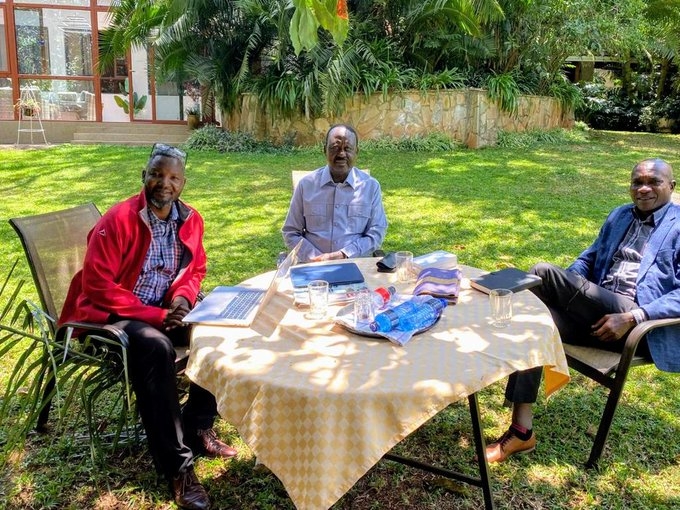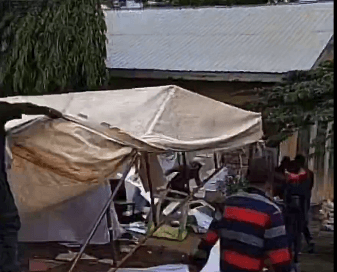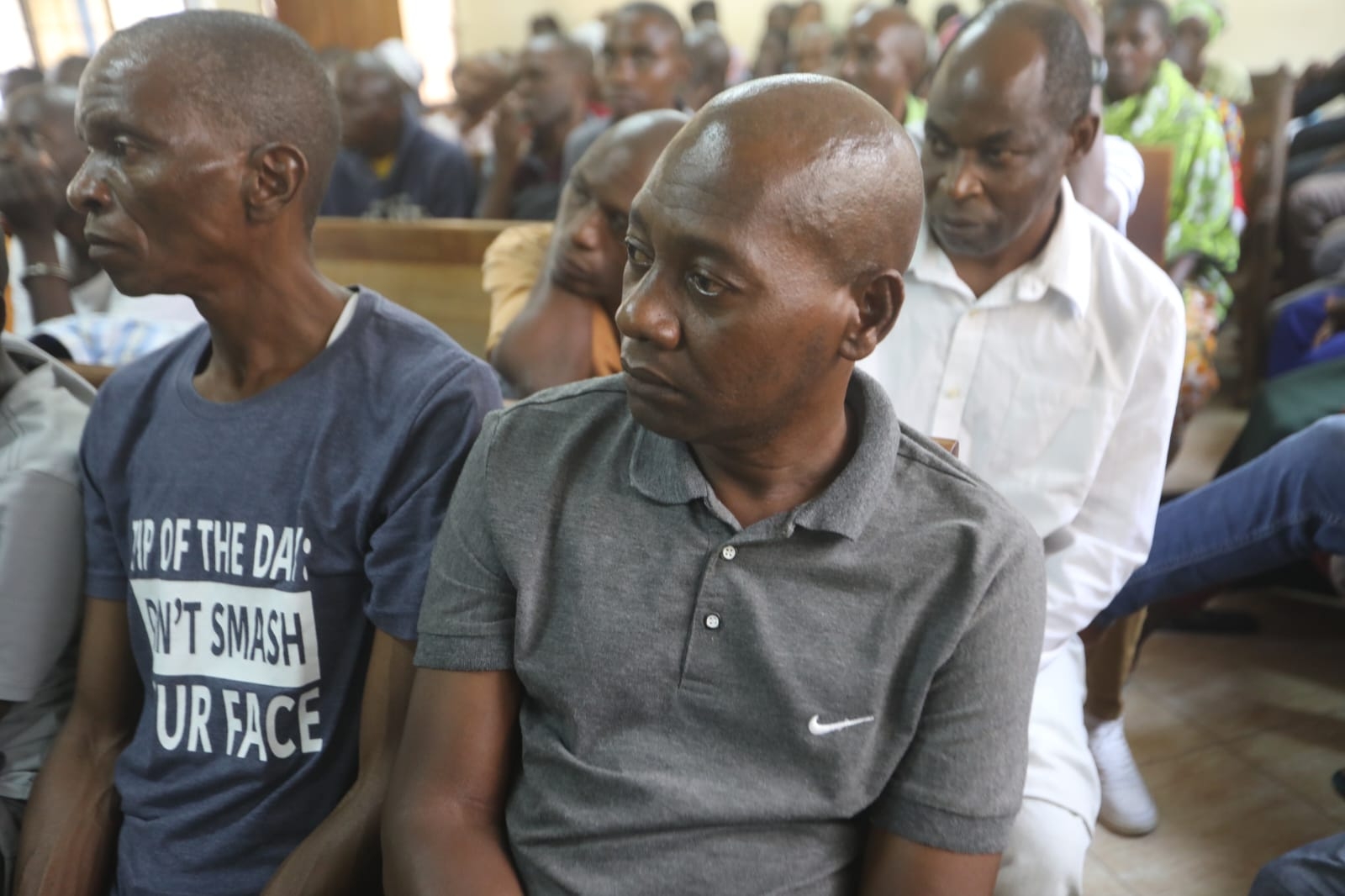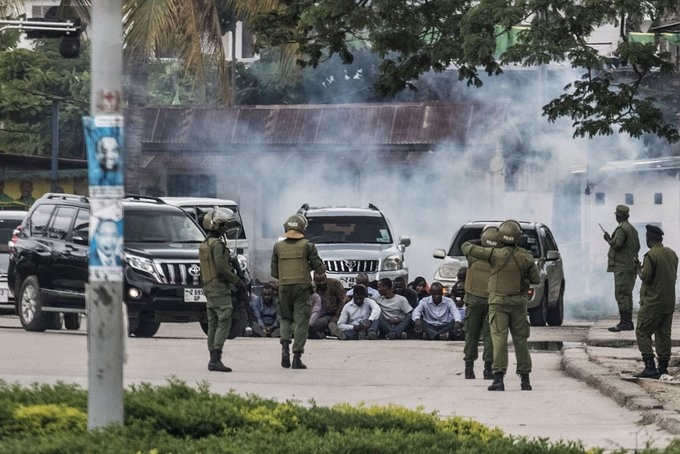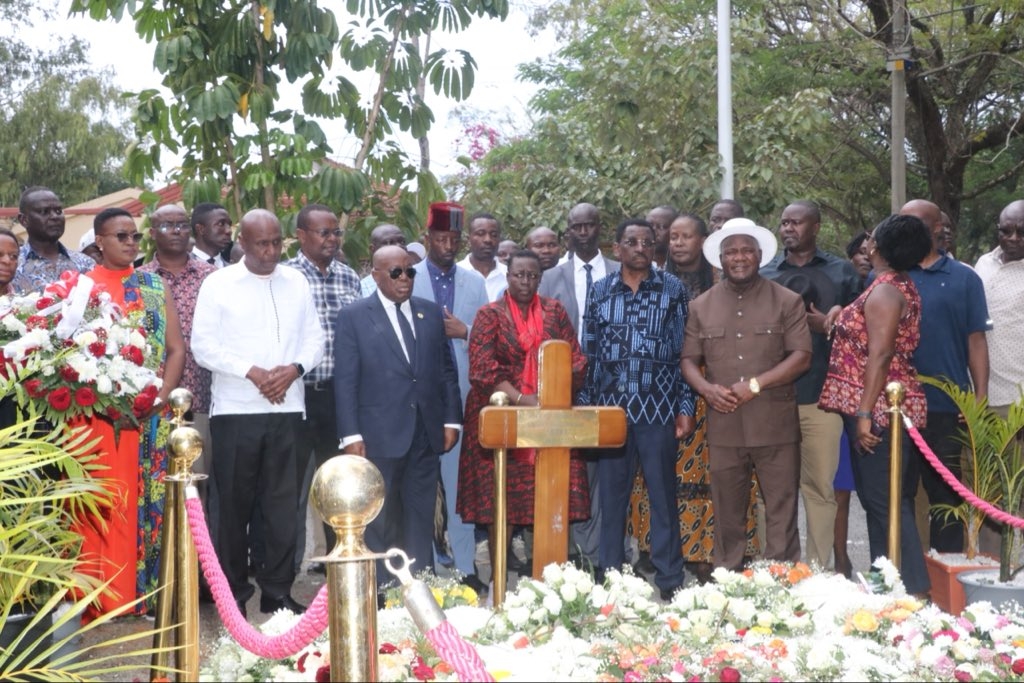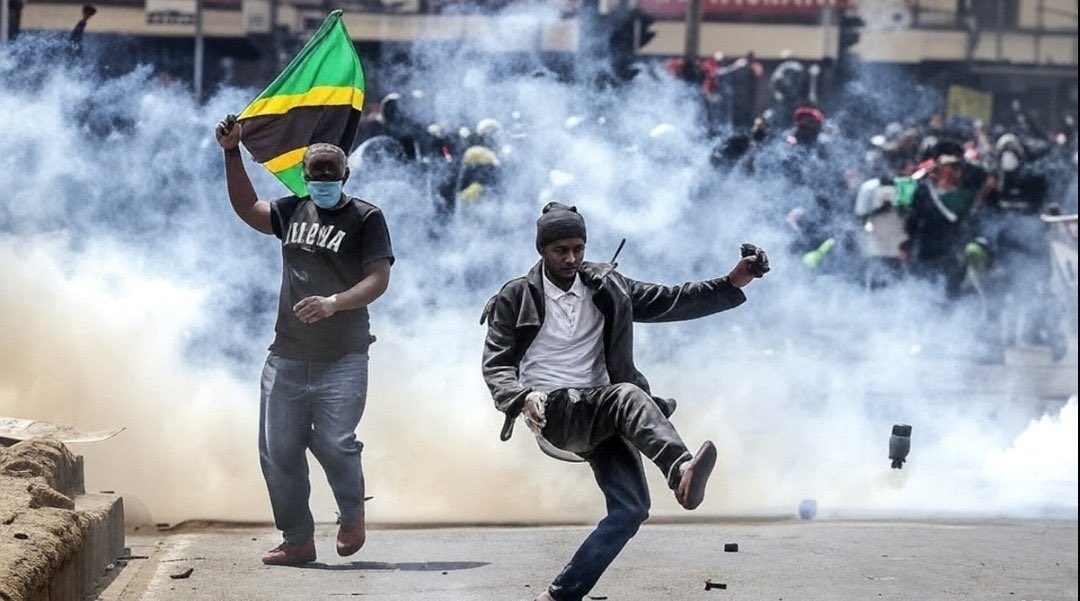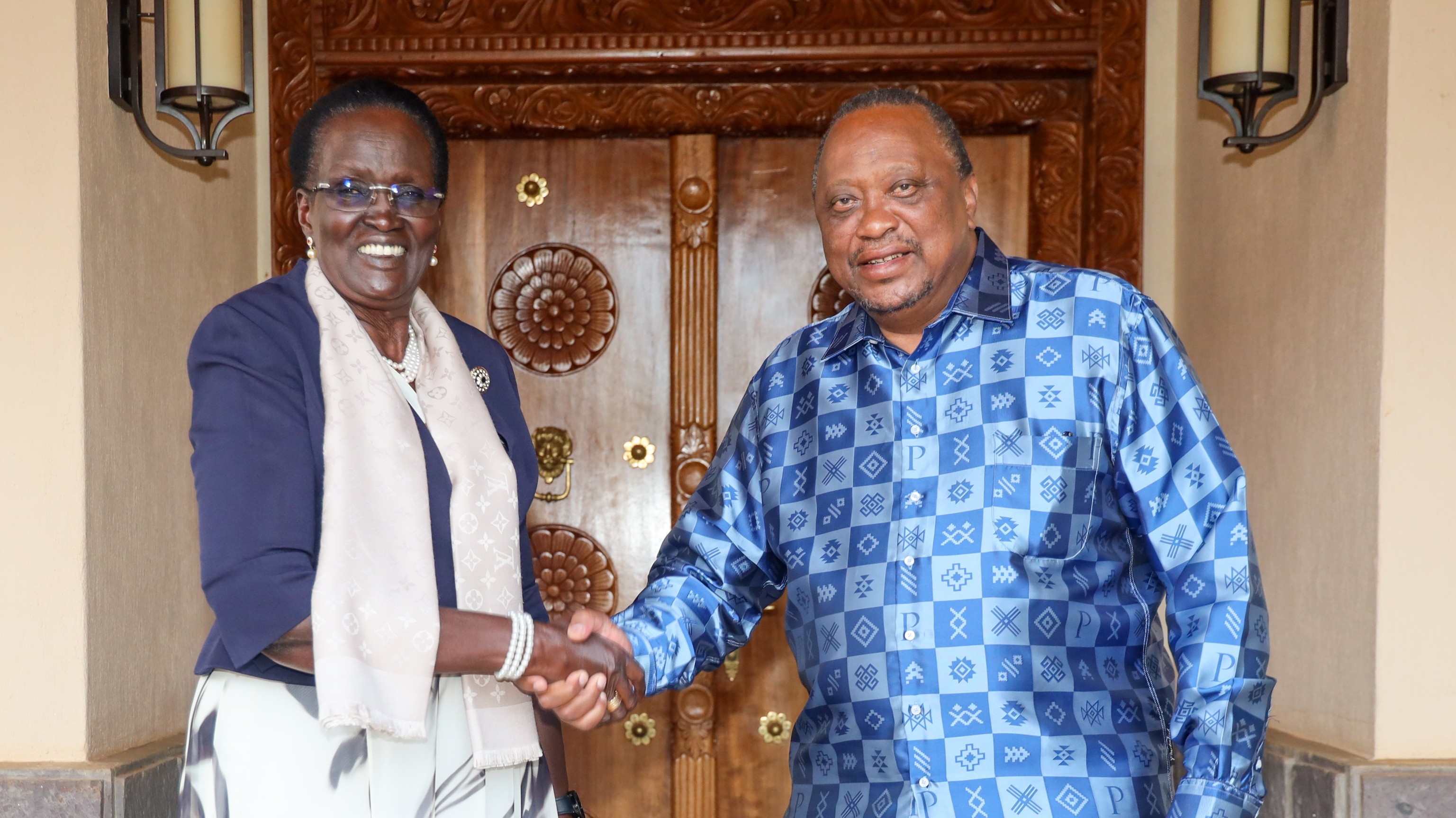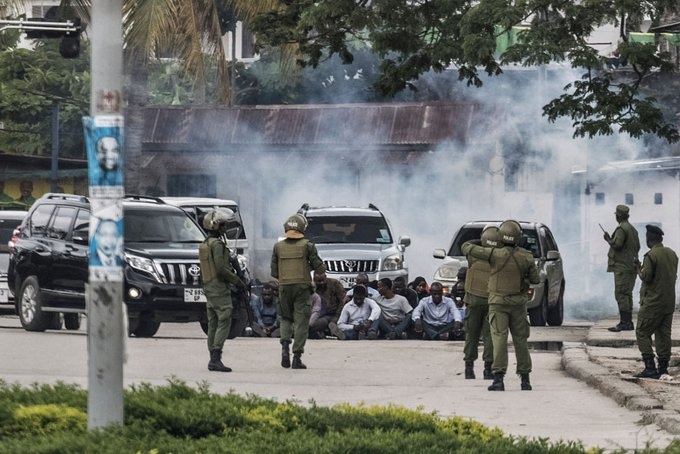
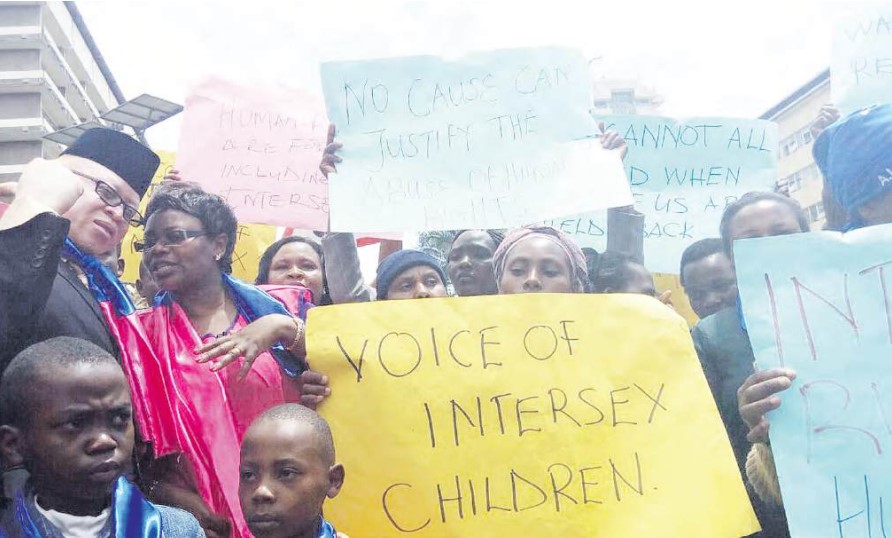
Intersex, as the third gender, has officially been included in the latest gazetted sample of birth notification certificate that are filled at birth.
The Gazette notice is on legal notice 153 of 2025.
In what is a major win for campaigners who have spent years in pushing policy reforms to include Kenyans born with both genitalia, the sample has the usual binary genders of male and female, as well as intersex.
In the 2019 Census, 1,524 intersex people were recorded, which is 0.003 per cent of the country’s population but the exact number is unknown because there is no formal system for collecting data on intersex people.
The census number is not conclusive because most families with intersex children or family members shy away from outing them and having them recognised.
However, the Kenya National Commission on Human Rights estimates that the actual number is closer to 1.4 million.
The campaign for inclusion and recognition of the intersex people started in 2009 when Baby A, through John Chigiti (now a High Court judge), filed a case challenging discrimination against intersex people.
In the case Baby A, who had her gender marked as ‘?’ by the hospital, said due to lack of gender marker, intersex children could get vital documents such as birth certificates, national identity card, or even passports.
Applications for jobs were also difficult, as they do not fall within the two known genders of female and male.
The court later ordered the formation of a team to conduct national census to determine the population of intersex persons to ensure their rights are upheld.
A report, which culminated after the court decision, examined issues of education curriculum in primary, secondary and tertiary education to recognise intersex people.
It recommended training in the syllabus and modules on sex development categories, including biology, anatomy, life skills, anthropology, criminology and theology.
It further recommended the introduction of a third gender – intersex – with the marker of the letter ‘I’ in addition to an already existing genders of female and male.
Veronica Maina, the chairperson of the secretariat at KNCHR that has been coordinating efforts spearheading intersex interests, hailed the move of publishing the third marker, saying it was long overdue in ensuring a truly inclusive society.
“It is a great stride forward in ensuring an inclusive society that leaves no one behind,” Maina said.
“It is important that the government ticks the legal boxes in recognising minorities and ensure that their rights are as well respected as they are recognised.”
As part of safeguarding the place of intersex persons, KNCHR commissioner Dennis Wamalwa has launched efforts to have intersex delinked from the abbreviation that connotes sexual minority identity LBGTQ.
Wamalwa, who is an intersex, says the initiative is about securing the place of intersex identity as the third gender without plunging it into the controversy of LGBTQ.
He says delinking the group from the controversial sexual minority is crucial in ensuring that intersex kids get the protection and support they need to survive.
Wamalwa has been engaging the National Assembly to explore a legislative instrument that safeguards intersex identity.
“It is important to secure the gains that the fight for intersex people have made in the country are secured,” he said.
“That is why we are making deliberate and hard efforts at ensuring the intersex are accepted, supported and their place secured because you don’t choose to be intersex. It is beyond you.”
Wangui Macharia, an intersex person activist, told the Star that the initiative by the commissioner was the right one.
She said the independent identity of the gender, away from LGBTQ, would ensure they receive the care and support without stigma or being ostracised.
“It is important to single out intersex from the LGBTQ community because their plight is peculiar and not subjective to their own whim and feelings. We should make it a law that intersex is independent and gets the necessary protection,” she added.
“It is important that intersex is shielded from the religious dogma and social vitriol and debate that often targets them because of their unjust linkage to the LGBTQ. This intervention could not have come at the right time.”


